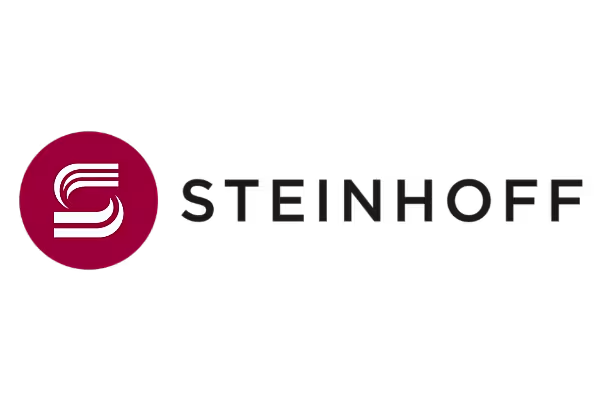Hedge funds have again forced a bidder to pay more in a takeover situation. This time the squeezed buyer is Steinhoff International and the target is U.K. discount retailer Poundland. The episode comes weeks after hedge funds forced Belgian brewer Anheuser-Busch InBev to sweeten its bid for U.K. rival SABMiller.
It's tempting to see these short-term funds as helping hapless bid targets get the best price in takeover situations (really, they ought to have got a higher valuation in the first place). It may actually be the bidders who benefit more.
Amount Steinhoff Raised its Poundland Bid
2.3%
Poundland agreed to be bought by Steinhoff in July for 220 pence a share. Then Elliot Associates, the U.S. activist fund, built up a stake that, with the support of other funds, could be big enough to block the deal.
So Steinhoff on Thursday upped its offer to 225 pence a share. It's not clear whether this measly 2.3 percent uplift will be enough to secure approval from any refuseniks on Poundland's register. But Steinhoff has now initiated a game of chicken: it has declared its offer "final" and so cannot raise it again, even if investors think the revised offer is too low.
AB InBev reacted the same way when hedge funds mopped up SABMiller stock after the U.K. brewer agreed to be bought by its Belgian rival. A 2.3 percent sweetener -- again declared "final" -- saw off these merger meddlers.
These sweeteners appear very small, so it can be hard to see why they're enough to dispense with complaining short-term investors. But once they're annualized and the magic of leverage is added in, they yield big gains for a hedge fund holding the stock for just a few months.
The big question is whether all this leads to the target getting the best price for itself.
It's not obvious that Steinhoff has been squeezed to its absolute pain barrier. The South African conglomerate pounced just after Poundland shares dipped to 158 pence in mid-June ahead of the Brexit vote. Judging by how bargain-basement rival B&M European Value has been trading, Poundland's shares probably would be flat -- or lower -- had Steinhoff not appeared.
On that basis, the offer is a 42 percent premium, nothing spectacular. Including assumed debt, it's worth 627 million pounds ($813.5 million). With Poundland forecast to make 45 million pounds of operating profit in 2017, Steinhoff could make a reasonable post-tax return of about 6 percent even before the benefit of cost cuts. It wouldn't want to make much less than that, but synergies might have been able to fund a still-higher bid.
Poundland is looking like it could have got a better deal in the first place. Hedge funds have got their turn. And Steinhoff probably could still have paid more, in spite of the challenges Poundland faces in a post-Brexit world.
This column does not necessarily reflect the opinion of Bloomberg LP and its owners.
News by Bloomberg, edited by ESM. To subscribe to ESM: The European Supermarket Magazine, click here.














